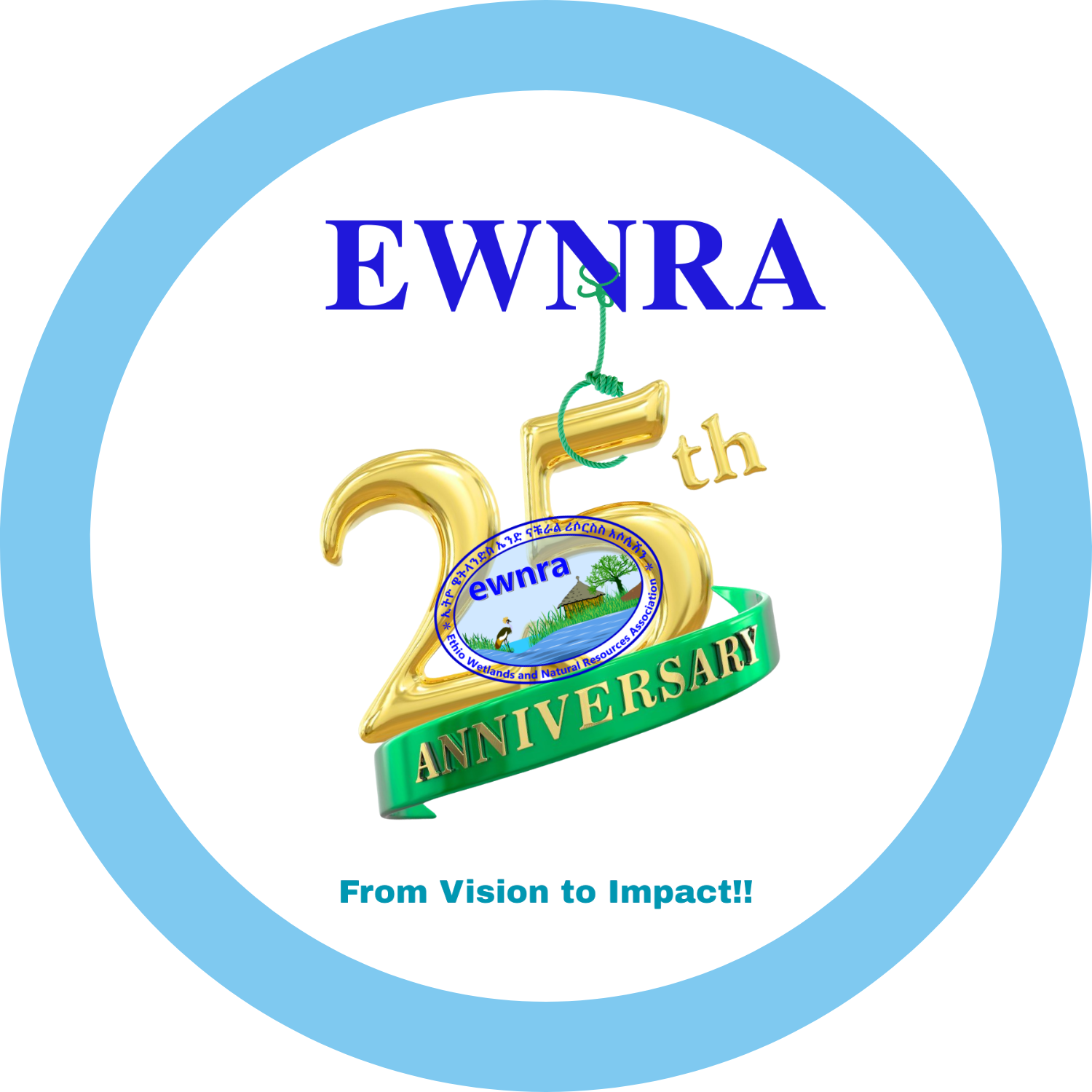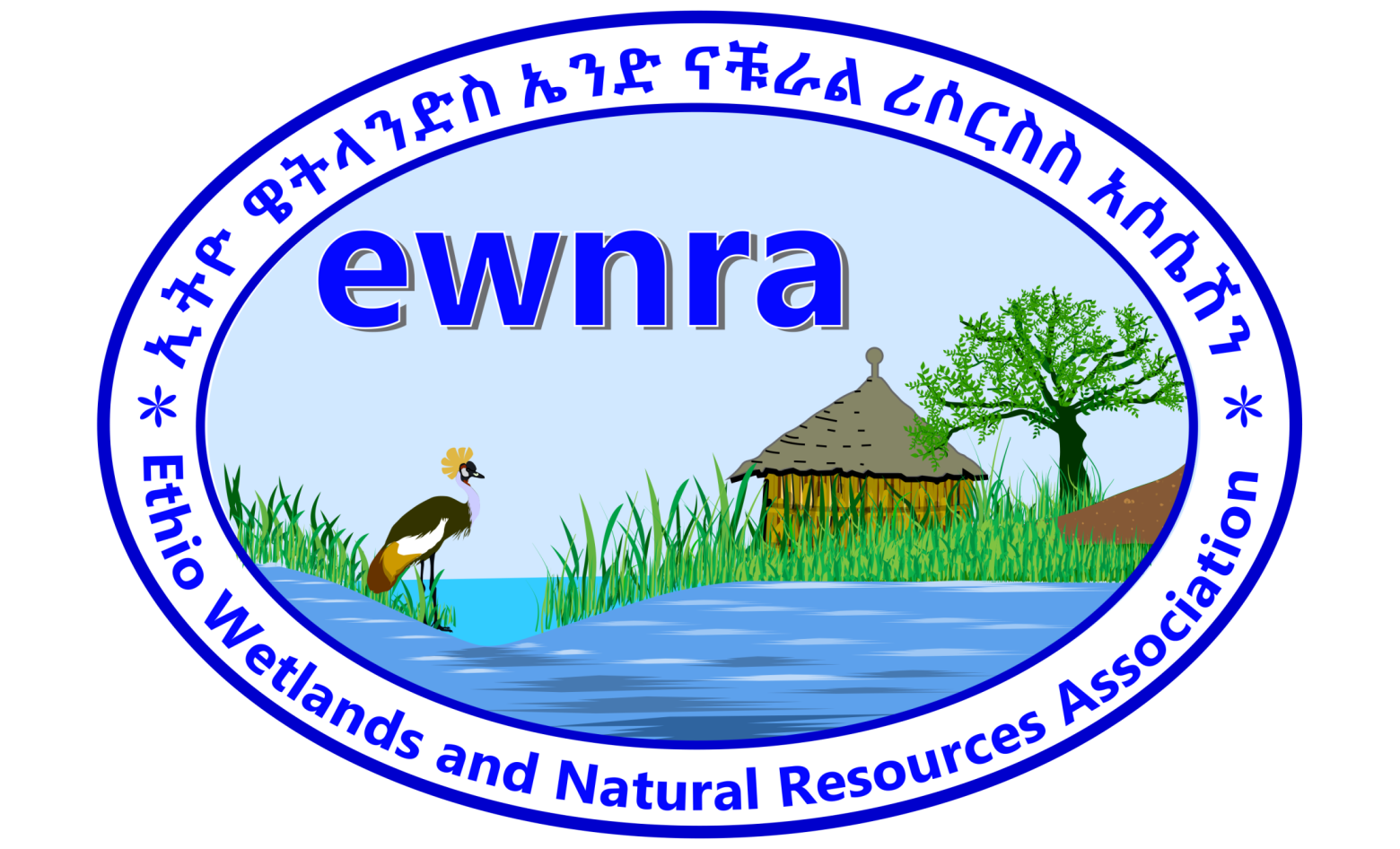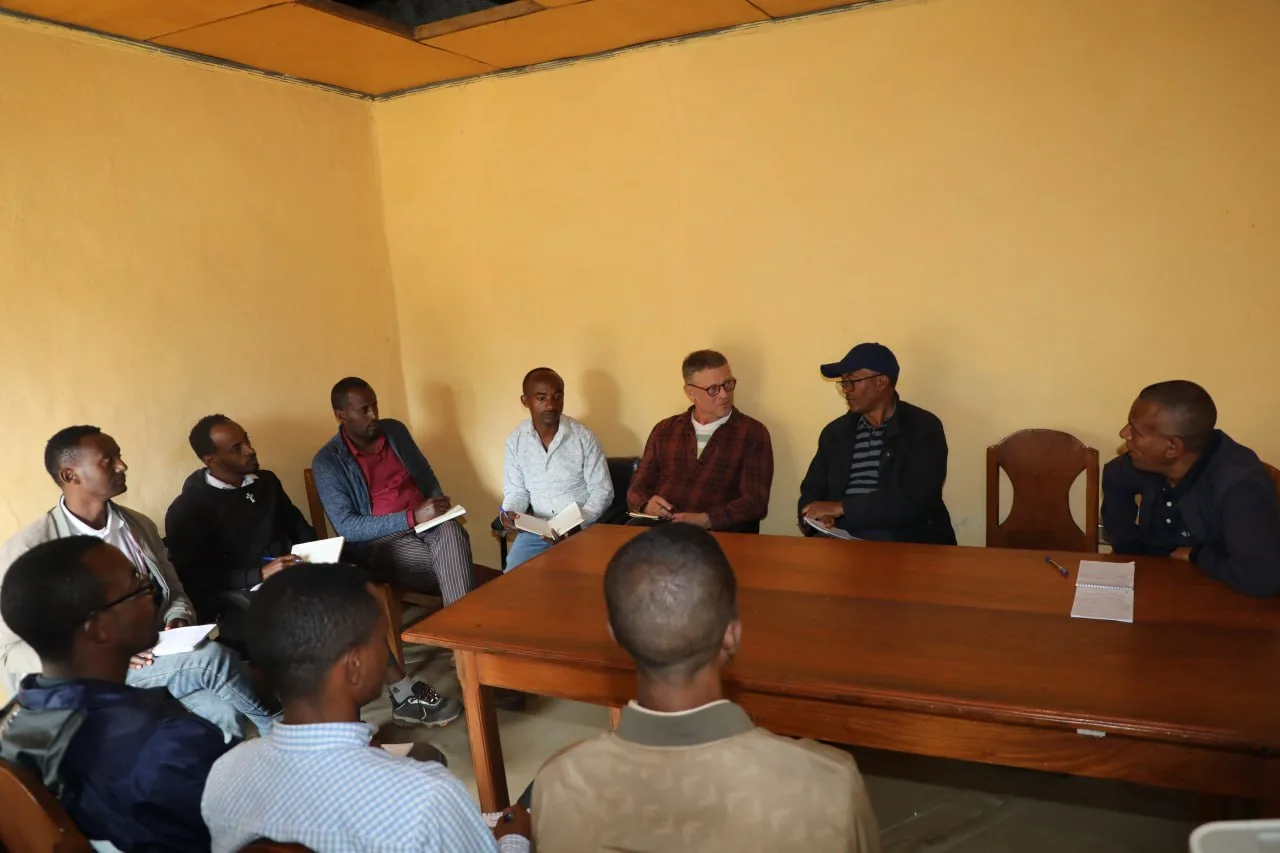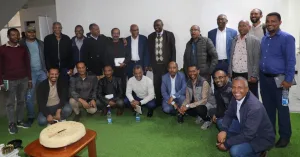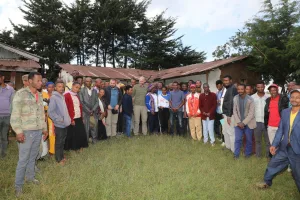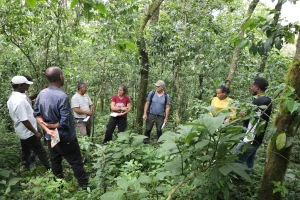A group of experts is currently conducting a series of field consultation meetings and test activities in Southwest Ethiopia in preparation for the implementation of Ethiopia’s newly developed National Standard for Forest Stewardship.
A group of experts is currently conducting a series of field consultation meetings and test activities in Southwest Ethiopia in preparation for the implementation of Ethiopia’s newly developed National Standard for Forest Stewardship. This initiative is part of a collaborative effort between Forest of the World (FoW) and the Ethio Wetlands and Natural Resources Association (EWNRA), who have been working together for several years to establish the country’s first Interim National Forest Stewardship Standard.
The main goal of this working group is to ensure that all relevant stakeholders—especially local communities—are fully engaged in the process and well-informed about the significance of forest stewardship certification. To achieve this, the group is holding consultations at both the community and district levels, with the aim of fostering widespread understanding and participation in the new standard.
On November 26, 2024, the team held discussions with leaders of community forest management groups (FMGs) in Uwa Kebele, located in Masha district. These conversations were followed by higher-level discussions with local government officials from the Masha Woreda. The meetings focused on detailing the forest stewardship standards and the certification process, emphasizing its importance for both the environment and the local communities.
One of the key points raised during these discussions is the critical importance of obtaining certification from the Forest Stewardship Council (FSC). This certification will help ensure that Ethiopia’s forest products, such as coffee, are not sourced from deforested areas—a significant issue given the recent European Union regulations that prohibit the import of products, including coffee, from regions associated with deforestation.
The Interim National Standard will cover all types of forests in Ethiopia, including both natural forests and plantations, as well as non-timber forest products (NTFPs). Among the NTFPs included under the standard are Honey, Wild Coffee (Coffee arabica), Ethiopian Long Pepper (Piper capense), and Ethiopian Cardamom (Aframomum corrorima), all of which have specific indicators developed for their sustainable management.
The implementation of this standard is expected to strengthen forest management practices in Ethiopia by promoting sustainable and responsible forest stewardship. This will be achieved by striking a balance between environmental protection, economic viability, and social responsibility. The FSC certification will provide Ethiopia with a globally recognized framework for ensuring that its forests are managed sustainably, enhancing the country’s reputation as a leader in forest conservation.
EWNRA, with the support of Forest of the World (FoW), is spearheading the development of this National Standard for Forest Stewardship, marking a significant step forward in Ethiopia’s efforts to enhance its environmental and forest management policies.
